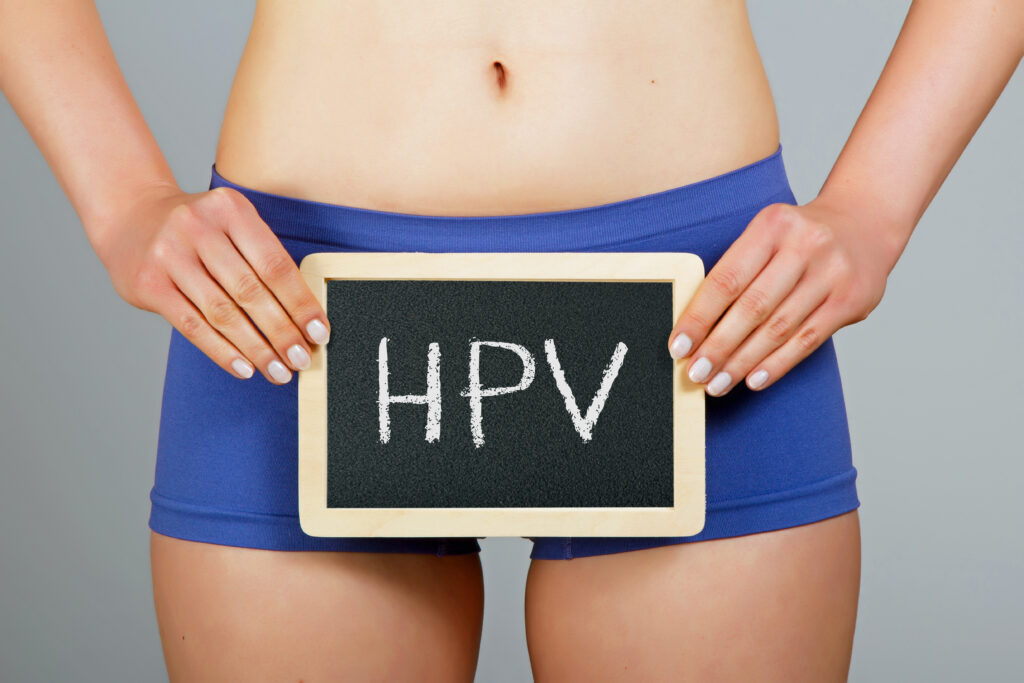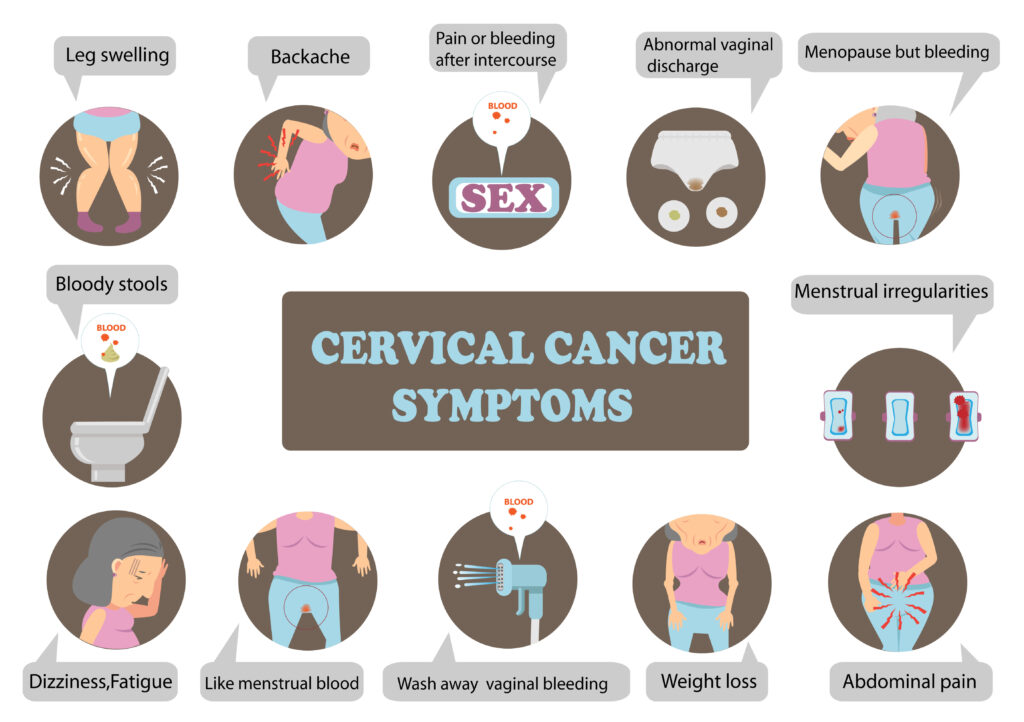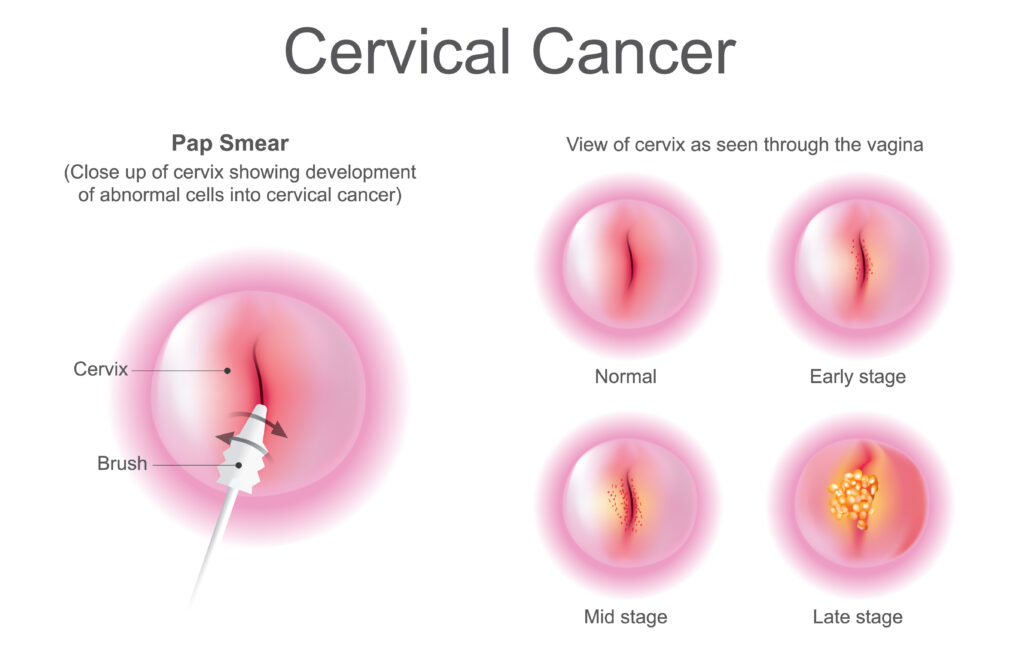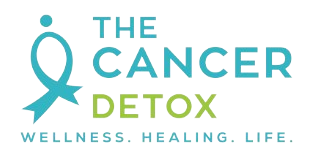Cervical Cancer Prevention: Self-care Practices May Help Clear HPV Infection
The human papillomavirus (HPV) causes the vast majority of cervical cancer cases. A cervical cancer prevention strategy could include self-care to help clean an HPV infection (read more)…
Cervical Cancer Prevention: Self-Care Practices May Help Clear HPV Infection

ARTICLE SUMMARY…
- The majority of cervical cancers are caused by the Human Papillomavirus (HPV)
- Not all women who are infected with HPV will get cervical cancer
- A woman’s mental health (e.g. depression) and physical health (e.g. tobacco use) seems to impact the persistence and spread of HPV and ultimately cervical cancer
- Learn more about cervical cancer treatments options here
INTRODUCTION
Here’s an interesting fact: the human papillomavirus (HPV) is the most common sexually transmitted infection in the United States. And the majority of cervical cancer cases are due to HPV. This virus is very common however not all women infected with it develop cervical cancer. As you will see in this article, a woman’s mental and physical health impacts the persistence and spread of HPV.
Cervical cancer is the most common gynecological cancer globally. It affects women from low- to lower-middle-income countries the worse. Cervical cancer screenings include the Pap smear, which looks for pre-cancerous changes in the cells of the cervix. This diagnostic test can help to prevent cervical cancer if detected early. However, women in low-income countries have a low rate of cervical cancer screening (about 20%). This low rate makes early detection impossible for most. This lack of screening is one reason 51% of the global cases of cervical cancer occur in lower-income countries. And it’s also the reason women in these countries are not treated until the disease is much worse [1].
Luckily a cervical cancer vaccine does exist. Efforts are now focused on vaccinating teenage girls in lower-income countries. However, large-scale vaccinations have been slow to get off the ground. Only 30% of girls are vaccinated in these countries compared to 85% in high-income countries.
If you are familiar with our work or follow the blog, then you know that we are scientists at heart. And scientists like asking a lot of questions. So we asked ourselves, is there any scientific evidence that shows natural remedies to clear an HPV infection from the body? There is some science-based evidence that suggests ‘yes.’
SELF-CARE COULD HELP CLEAR HPV INFECTIONS
Common cervical cancer symptoms
A recent study in the U.S., titled “Psychosocial Stress, Maladaptive Coping and HPV Persistence,” was undertaken to examine self-care and HPV infection. The self-care practices that were questioned revolved around avoiding alcohol, tobacco, and drugs.
Young women (number = 333), who were diagnosed with an HPV infection at age 19 were followed for 11 years. They were seen every 6 months and tested for HPV infection. They were also given a questionnaire to see about their quality of life. The questions included how well they coped with stress and if they felt depressed. Here is what they found:
- Women who reported that they were stressed and used drugs, alcohol, or cigarettes to cope were more likely to develop an active HPV infection
- Those women who reported they felt depressed had the HPV persist in the vagina longer compared to women who were not depressed
In conclusion, the study author Dr. Moscicki said “the study suggests women with HPV infection should be advised that stress reduction may help them clear their infection and that using drinking alcohol or smoking cigarettes may hamper their ability to clear the infections” (reference: https://www.sciencedaily.com/releases/2016/04/160430100243.htm)
STRESS AND VIRAL INFECTIONS

Pap smear is a screening procedure for cervical cancer.
Viruses are smart little suckers. If you get sick with a virus, treat it, and feel better it still may not clear out of the body. This is true for HPV and Herpes Simplex Virus (HSV). HSV is the common cause of cold sores. This virus likes to hide in cells even when after the cold sore heals. And HSV can be reactivated by stress, sunburns, and fevers resulting in another cold sore.
Anyone with HSV that has spent a day at the beach, or on sunny ski slopes, know that a few days later they could have a cold sore. This is viral reactivation. And the human papillomavirus may act similarly. HPV could persist in the body for long periods of time. This virus can sense when the body is stressed and cause an active infection.
Scientists continue to study how these types of viruses remain dormant for years, sometimes decades, but reactivate under stressful conditions. Until then, know that cervical cancer prevention may be possible with self-care.
MORE RESOURCES
- Watch our Youtube video on the basics of a cancer prevention diet
- Download our free guide on Questions to Ask Your Doctor About Cancer
- Read about cervical cancer symptoms here
- Get a sneak-peek into The Cancer Detox cancer-fighting diet plan here
REFERNCES
- Brisson M, et al. Impact of HPV vaccination and cervical cancer screening in cervical cancer elimination: a comparative modeling analysis in 78 low income and lower-middle-income countries. Lancet. 2020;395:575.
To Your Best Health!
Dee Grace, PhD

Hi! I am Dee Grace, PhD and I am a scientist and Health Coach for cancer patients, and I hope you enjoyed our article on cervical cancer prevention. Our company, The Cancer Detox, helps cancer patients improve their survival outcomes by getting better care from their doctor and implementing a cancer-fighting diet. Wellness, healing, and better quality of life start here!


